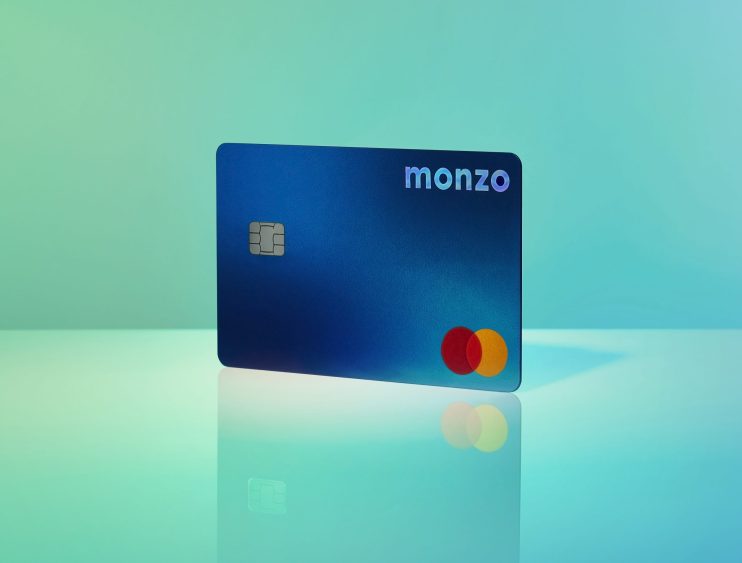Monzo relaunches premium accounts in third profit-chasing attempt

Monzo is today relaunching its paid-for Plus account, in a near complete overhaul from its previous iteration that was scrapped last year.
The new account will utilise open banking rules to allow users to view and move money from different bank and credit card accounts within the Monzo app, in a direct challenge to fintech rival Curve.
It will also offer virtual cards, monthly credit score updates, custom spending categorisation and a host of discounts from partners including Patch Plants and fitness app Fiit.
Priced at £5 per month, users will be able to earn 1.00 per cent interest on balances of up to £2,000 and receive a new holographic debit card design.
The digital bank abandoned its first attempt at the Plus offering in September last year, which featured travel insurance and forex deals, after admitting it wasn’t “the best it could be”.
That followed a scrapped marketplace offering trialled in 2017, which featured insurance and savings account partnerships with Oaknorth and Octopus Energy.
Monzo has been experimenting with a number of different approaches to revenue generation as it chases profitability — a key milestone for many fintech giants as they continue to operate funded by venture capital cash.
Monzo president Tom Blomfield said earlier this year that the bank intended to relaunch Plus by the end of March, but those plans were derailed by the coronavirus pandemic.
“With this version of Monzo Plus we went back to basics, and re-examined how we built things,” said the bank’s chief product officer Mike Hudack.
“Over and over again we heard that people love Monzo because it gives them more control and visibility over their money.
“So we’ve doubled down on that and created a premium product that we believe makes Monzo even better at managing your money.”
Monzo has more than 4.3m customers, and has raised over £350m in funding from investors scuh as General Catalyst, Y Combinator and Stripe.
Its valuation took a tumble in its last funding round, dropping to around £1bn.